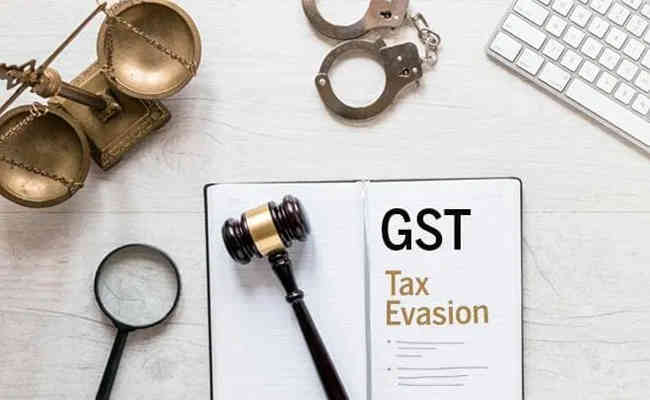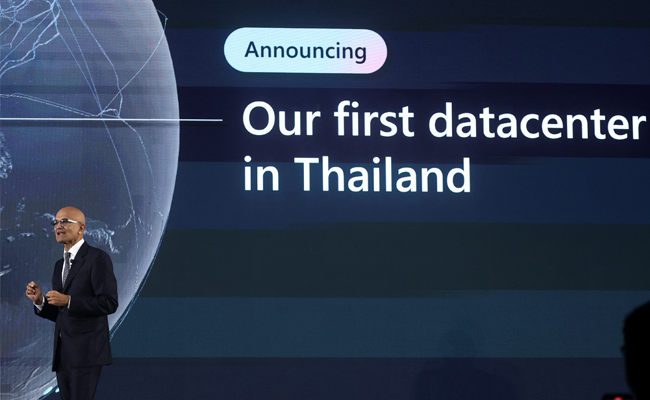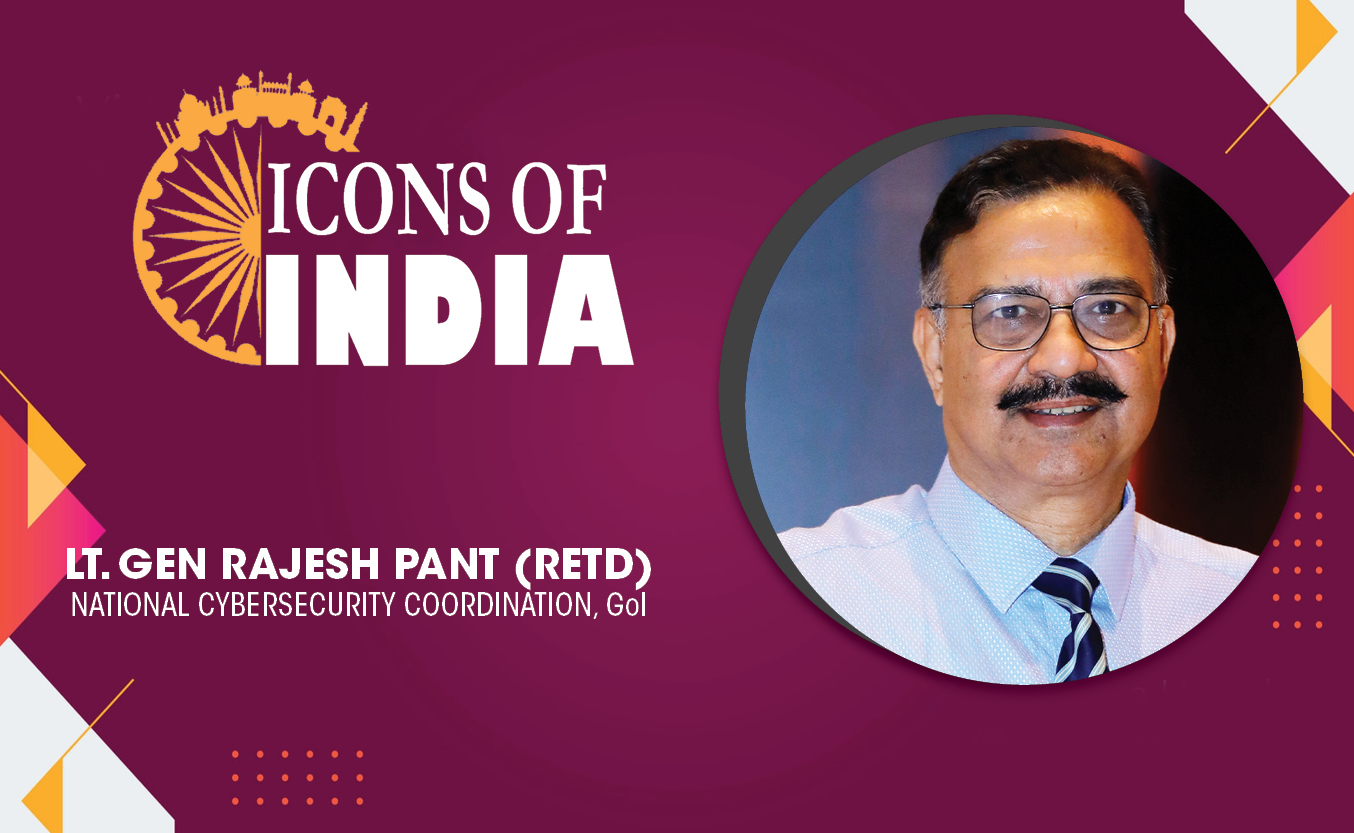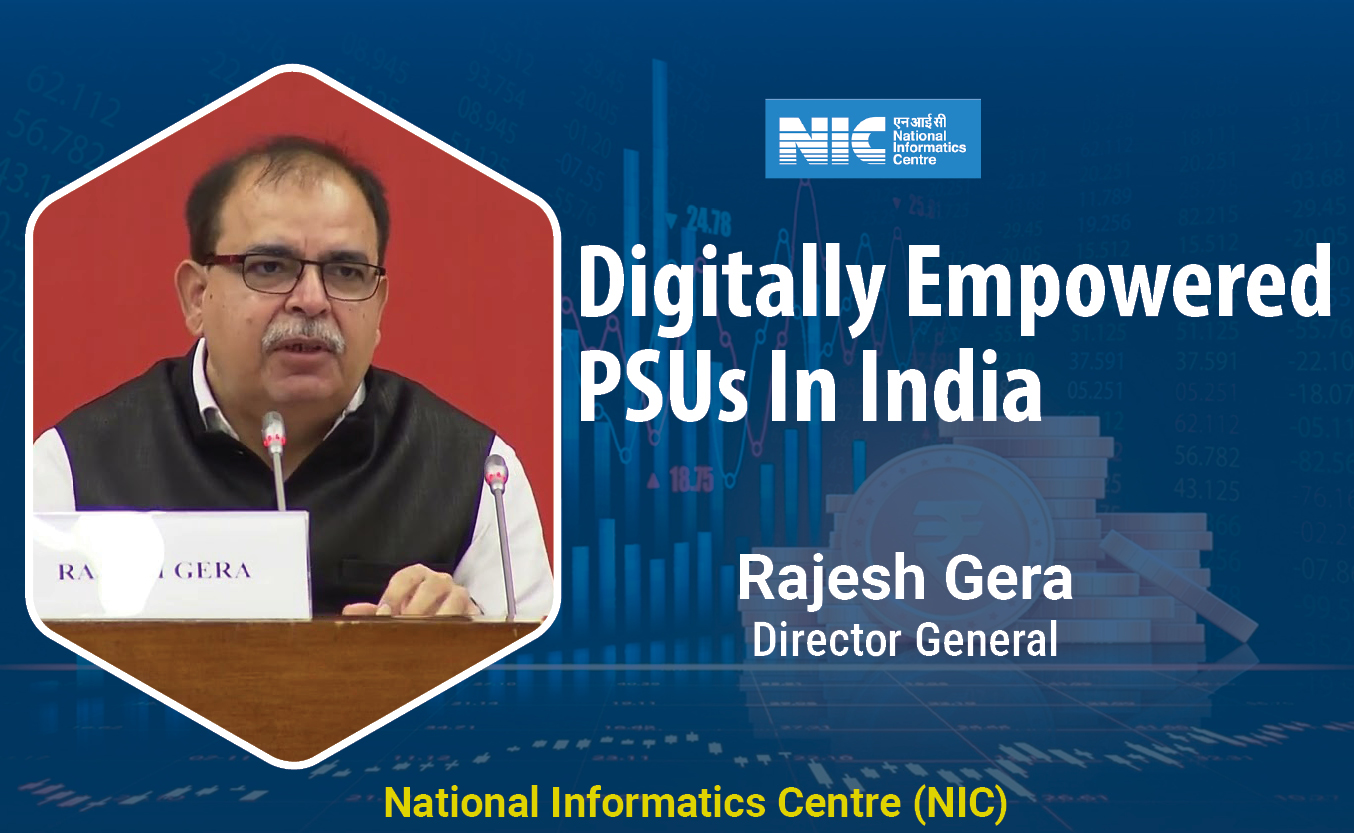114 arrested in a special drive conducted by GST officials
By MYBRANDBOOK

Fake invoices of GST amounting to over ₹11,500 crore have been detected by GST officials in a near month-long nationwide drive.
This is over 10 percent of the monthly GST collections during the last two months (October and November).
Fake invoices are used to facilitate input tax credit (ITC), which actually do not exist. Since assesses deduct ITC from their gross tax liability and pay the remaining in cash, fake invoices hurt the exchequer.
In a communication to all officers and employees of the Central Board of Indirect Taxes & Customs (CBIC), Chairman M Ajit Kumar said that the Directorate General of GST Intelligence (DGGI) has been spearheading an anti-evasion campaign for almost a month now.
The agency, along with the GST Zones, has booked 1,230 cases, unearthing GST Identity Numbers (GSTINs) and arresting about 114 fraudsters. The total amount of fake ITC/GST detected stands at ₹11,520 crore, of which ₹336.03 crore has already been recovered.
In order to curb fake invoices, the Law Committee of the GST Council has suggested a two-pronged strategy one for the fresh or new registration applicants, and the other to weed out existing fake dealers from the system.
A new or fresh registration in GST may adopt Aadhaar-like registration process, which could be done online with live photo and use of biometrics, and due verification of documents, according to the committee.
Fresh registrants must go for compulsory physical verification and personal identification where they opt for the non-Aadhaar authentication-based registration process and do not have income-tax return-supported adequate financial capability. In such a case, they may have to submit recommendation letters from two taxpayers of adequate reliability.
If on the basis of the document-supported credentials, a registrant/dealer falls in the ‘trustworthy’ category, then that registrant can be given registration within seven working days.
But if such registrant is not in the ‘trustworthy’ category then for conditional registration shall be given within 60 working days only after physical verification of the place of business wherein, in such cases, input tax credit to their buyers shall be allowed only after filing of their return and the dealer/s would be required to pay certain portion of the liability in cash instead of paying 100 percent tax through ITC.
As per the suggestions of the Law Committee, the dealer may also be required to deposit a portion of the tax dues through cash or via a bank guarantee of up to 2 percent of the tax dues, instead of being allowed 100 percent tax payment through ITC. They would need to have some convincing income tax footprint available to establish their financial credibility to avail ITC-based payment.
The GST Council, at its next meeting, is expected to consider these recommendations.


The latest version of X helps prevent deepfakes on social medi
To combat deepfakes and shallowfakes, Elon Musk revealed a new update t...

India and Namibia collaborate on a payment system similar to U
Once operational, the platform will enable digital transactions in Namibia,...

Sebi issues show-cause notices to six Adani group firms
Sebi issued show-cause notices to six Adani Group firms, including Adani ...

Microsoft to build a new data centre to support Thailand's tec
Microsoft has revealed intentions to construct a regional data centre as w...


Technology Icons Of India 2023: Lt Gen (Dr.) Rajesh Pant (Retd.)
LT Gen(Dr.) Rajesh Panth (Retd.), National cyber security coordination...

Technology Icons Of India 2023: Vijay Shekhar Sharma
Vijay Shekhar Sharma is an Indian technology entrepreneur and billiona...

Technology Icons Of India 2023: Sridhar Vembu
Sridhar Vembu is an Indian billionaire business magnate and the Founde...


Leading company into fertilizers in the country
NFL is a dynamic organization committed to serve the farming community...

STPI encouraging software exports from India
Software Technology Parks of India (STPI) is an S&T organization under...

NIC bridging the digital divide and supporting government in eGovernance
The National Informatics Centre (NIC) is an Indian government departme...


TECHNOBIND SOLUTIONS PVT. LTD.
TechnoBind’s business model is focused on identifying and partnering...

TECH DATA, A TD SYNNEX COMPANY
Tech Data Corporation was an American multinational distribution compa...

REDINGTON INDIA LIMITED
Redington (India) Limited operates in the IT product distribution busi...